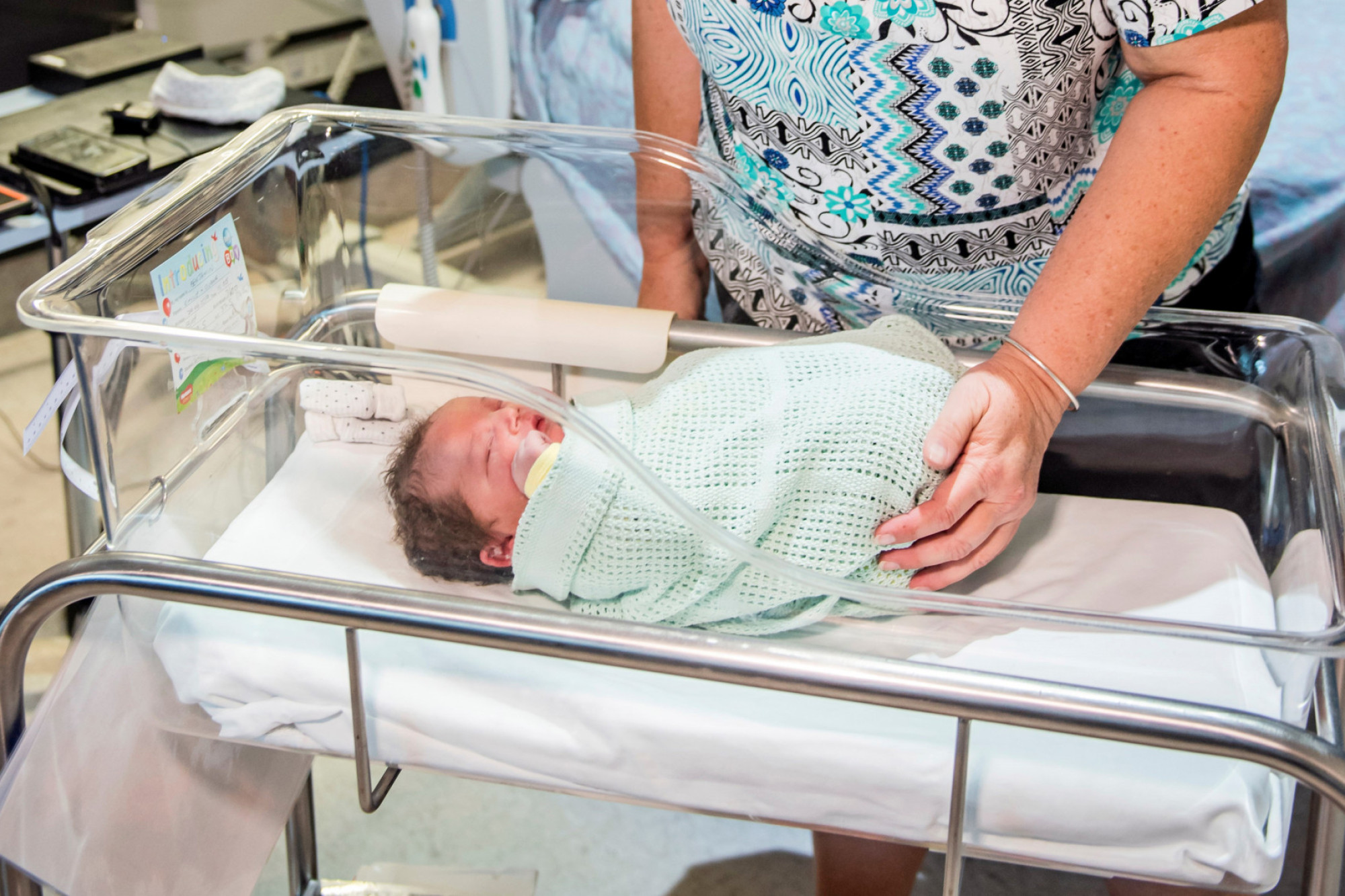General News
26 February, 2021
Help for premature babies
OVER the past decade, a growing body of data supporting the use of probiotics to prevent chronic diseases such as asthma and obesity has emerged.

Now researchers at Cairns Hospital and James Cook University hope to use probiotics to improve long-term health outcomes for the region’s most precious babies.
JCU PhD student Jacob Westaway was awarded a grant from the Far North Queensland Hospital Foundation (FNQHF) last month to investigate the impact of probiotics on the microbiome of premature babies.
“The microbiome is the collection of all microbes that live on us and inside us,” Mr Westaway said.
“We have a symbiotic relationship with them in that we help them by giving them a home and they help us.
“It’s thought that with probiotics helping to provide or produce a healthier microbiome that we may reduce the incidence of chronic disease.”
The research follows on from previous studies conducted on premature babies in the Neo-Natal Intensive Care Unit in Townsville who receive a probiotic as part standard care.
It will compare their microbiomes with those of premature babies in the Special Care Nursery in Cairns who aren’t given a probiotic as part standard care.
“There is some links between that we made between certain treatments early on and chronic diseases later and even things like vaginal delivery versus caesarean,” Mr Westaway said.
“There is a lot in the literature that suggests it reduces the incidences of diseases, most notably necrotising enterocolitis, which affects premature babies disproportionately, and may help to prevent chronic diseases.”
The study will allow researchers to produce more robust data to confirm the difference in outcomes for the different infant groups.
“We will be working with clinicians here who will collect the samples for us and then Pathology Queensland WILL send those away to James Cook Uni and from there I extract DNA from fecal samples and then we do RNA high through put sequencing and meta genomics.”
The grant is part of $220,000 research funding commitment by FNQHF and a critical step in achieving Cairns Hospital’s university status.


